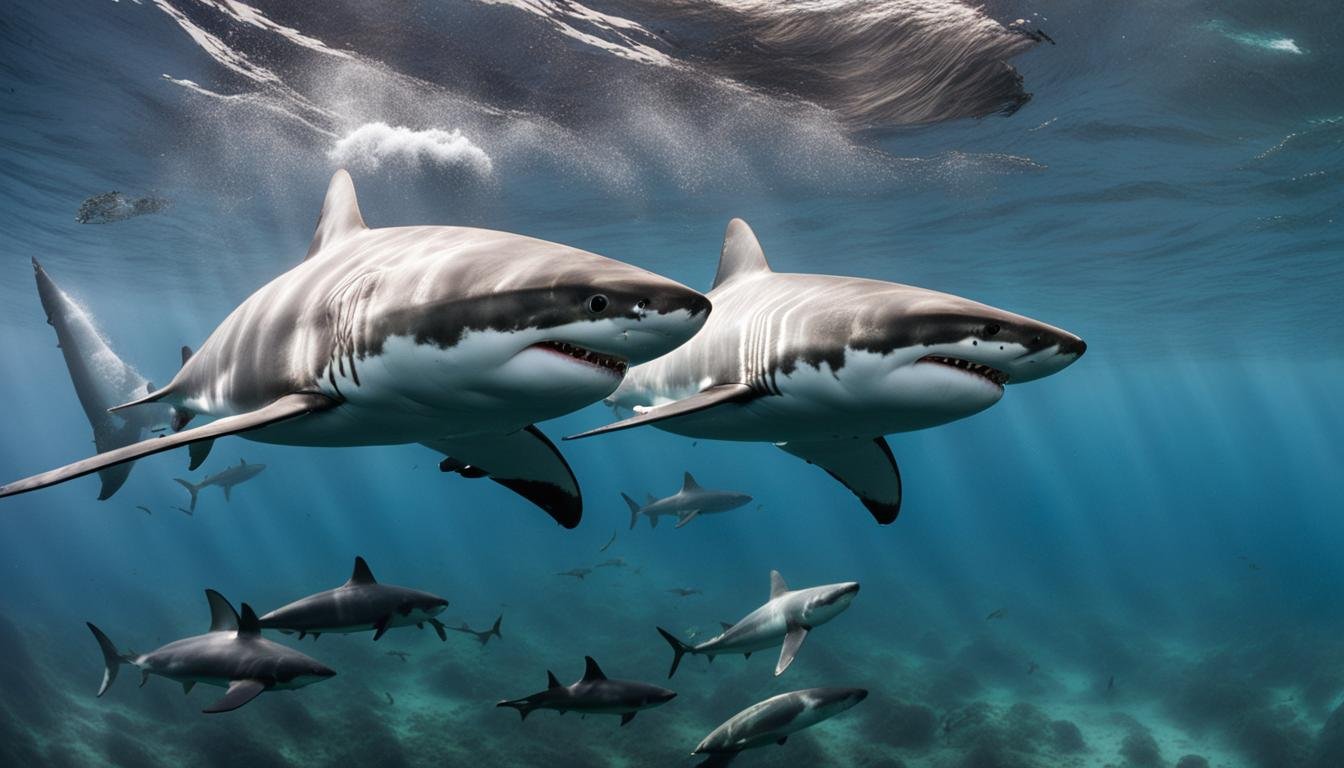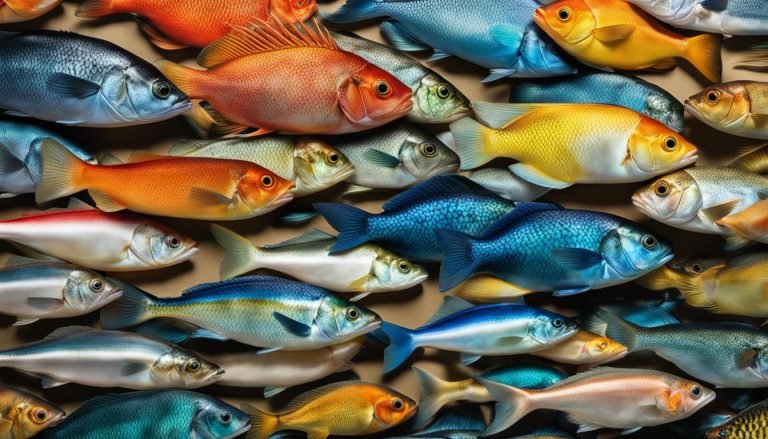15 Facts About Sharks You Didn’t Know
What do you know about the mysterious and captivating world of sharks, apex predators that have prowled the oceans for over 400 million years?
From the sleek and swift to the massive and enigmatic, sharks occupy a crucial role in marine ecosystems.
Join us as we explore fascinating facts about sharks, these remarkable creatures, from their diverse species to the unique adaptations that have allowed them to thrive in the vast expanses of the world’s oceans.
Shark Quiz
How well do you know sharks? Test your knowledge below!

1. Ancient Predators
Sharks belong to an ancient lineage, predating many other modern species. Their evolutionary history spans millions of years, showcasing adaptations that have made them formidable and enduring predators.
2. Breathtaking Diversity
The shark family is incredibly diverse, comprising over 500 different species. From the iconic Great White Shark to the filter-feeding Whale Shark, this diversity allows sharks to occupy a wide range of ecological niches.
3. Cartilaginous Skeletons
Unlike bony fish, sharks have skeletons made of cartilage. This lightweight yet durable structure provides flexibility and buoyancy, contributing to their efficiency as agile hunters in the water.
4. Exceptional Senses
Sharks boast extraordinary senses, including keen eyesight, acute sense of smell, and specialized electroreception. These sensory adaptations make them highly efficient predators, capable of detecting prey from considerable distances.
5. Reproductive Strategies
Sharks employ diverse reproductive strategies. Some species give birth to live young, while others lay eggs. The reproductive process and gestation periods vary widely among species, showcasing the adaptability of sharks to different environments.
6. Ocean Wanderers
Sharks are highly migratory, covering vast distances in search of food, mates, and suitable breeding grounds. Some species undertake epic migrations, navigating across ocean basins in pursuit of seasonal prey.
7. Regenerative Abilities
Sharks possess remarkable regenerative abilities. Their teeth, skin, and even internal organs can regenerate, ensuring their continued functionality despite the physical challenges they may face in their predatory lifestyles.
8. Apex Predators
As apex predators, sharks play a crucial role in maintaining the health of marine ecosystems. Their presence regulates prey populations and helps to prevent the overgrazing of certain species, contributing to overall ecological balance.
9. Mysterious Megalodon
The Megalodon, an extinct shark species, was one of the largest predators to ever exist. Though extinct for millions of years, this colossal shark continues to captivate the imagination, with its fossilized teeth offering glimpses into the ancient oceans.
10. Threats and Conservation
Sharks face numerous threats, including overfishing, habitat loss, and the practice of shark finning. Conservation efforts are essential to protect these apex predators and the delicate balance they maintain in marine ecosystems.
11. Misunderstood Reputation
Despite their fearsome reputation, sharks are often misunderstood. While some species can pose risks to humans, the majority of sharks are not dangerous to people. Understanding their behavior is crucial for fostering coexistence and dispelling myths about these vital marine creatures.
12. Feeding Frenzy Dynamics
Sharks may engage in feeding frenzies, particularly during times of abundant prey. These events showcase the coordinated and sometimes competitive feeding behaviors among sharks as they capitalize on available food resources.
13. Longevity Records
Certain shark species exhibit impressive longevity. The Greenland Shark, for example, can live for several centuries, making it one of the longest-lived vertebrates on Earth. Their slow growth rates contribute to their extended lifespans.
14. Camouflage and Counter-Shading
Sharks employ various camouflage techniques, including counter-shading. This coloration, with a darker upper side and lighter lower side, helps them blend into their surroundings when viewed from above or below, making them effective hunters and evaders.
15. Ocean Guardians
Sharks act as vital guardians of ocean health. Their role in controlling populations of marine life helps maintain the balance of the marine food web, contributing to the overall sustainability and biodiversity of the world’s oceans.







